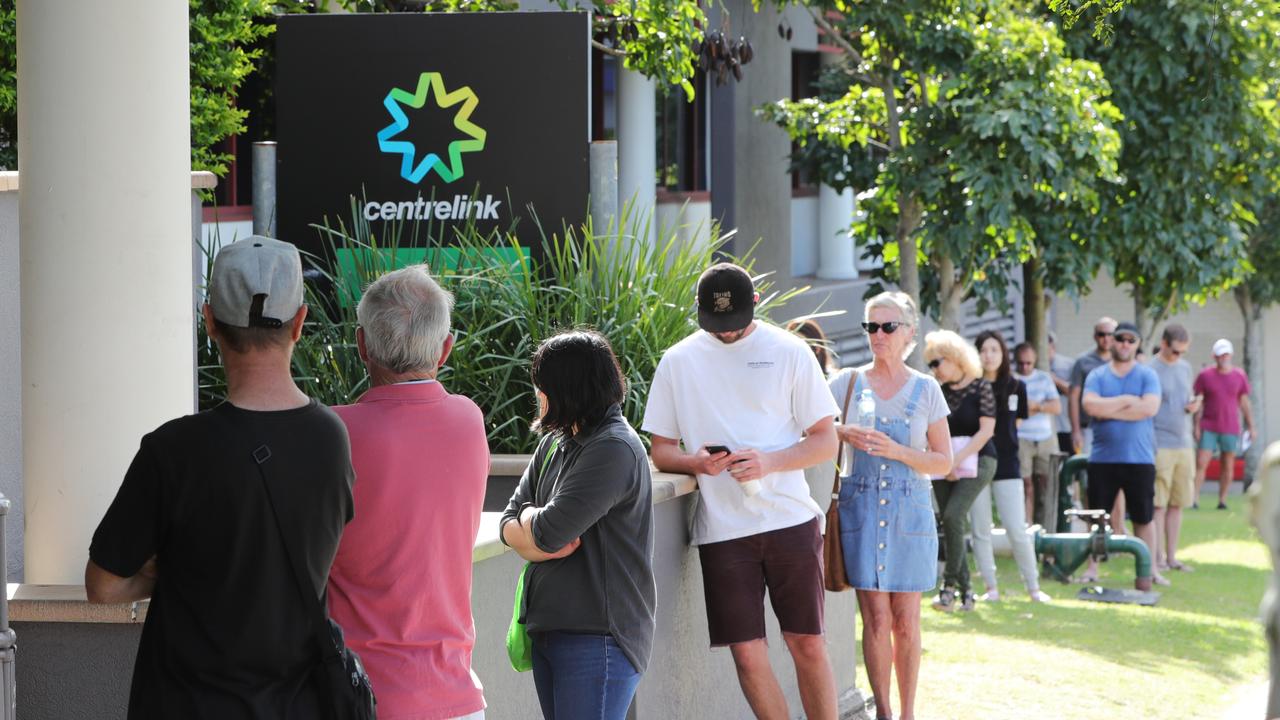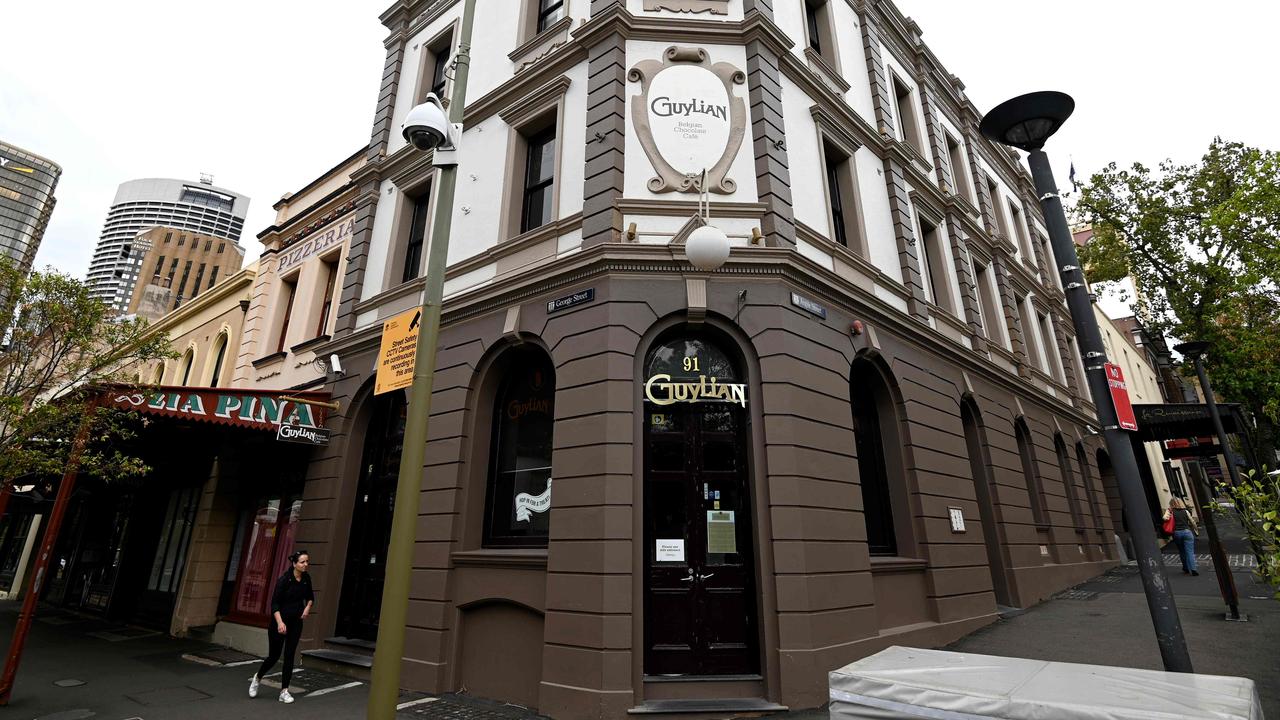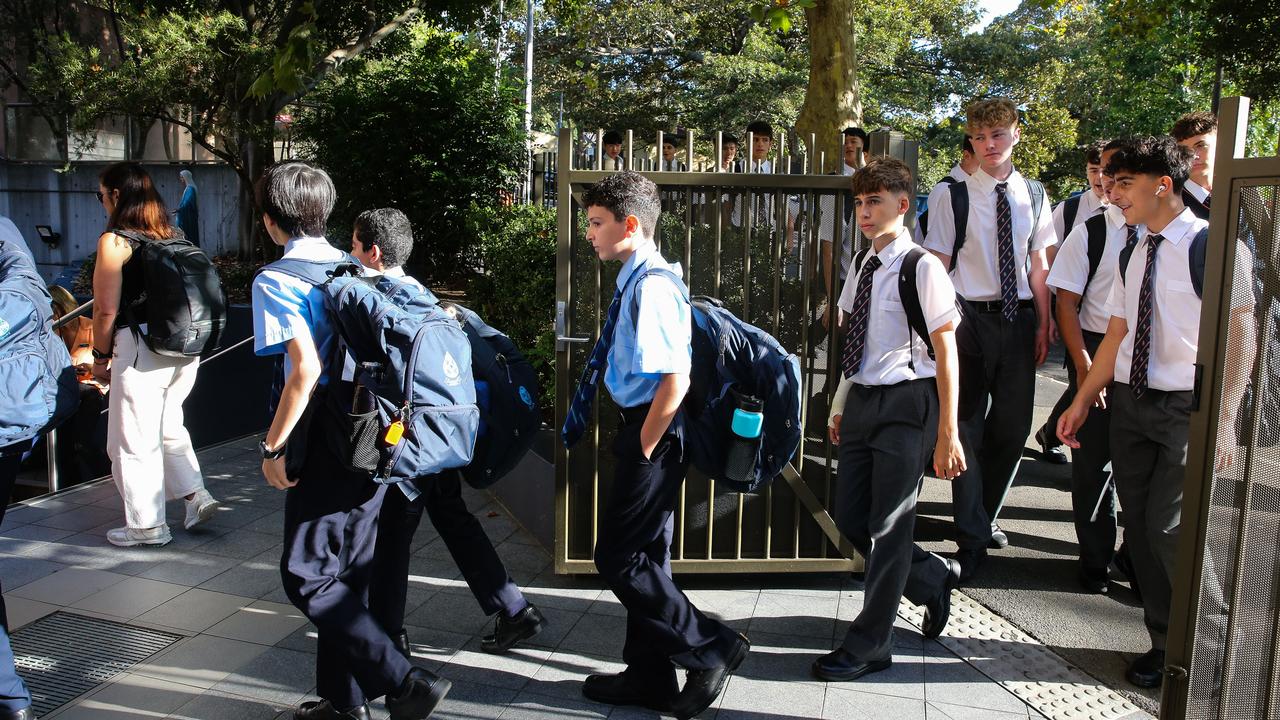Coronavirus in Australia: COVID-19 crisis creates ‘generation boomerang’ – young people moving back home with parents
Australia’s coronavirus crisis has led to job losses and massive societal shifts, but it’s also sparked an unexpected trend.

It seems that no matter how old someone is, they can always rely on mum and dad in times of need – and the current coronavirus crisis is no exception.
The economic fallout of the country’s response to the COVID-19 epidemic includes a sharp rise in unemployment and a slump in economic growth.
Now, an unexpected consequence is emerging and it’s causing a trend that’s been dubbed ‘generation boomerang’.
Research by consumer comparison website finder.com.au found that a huge number of Aussies have recently moved back home with their parents due to COVID-19.
“From young professionals who have lost their jobs, to expatriates returning from overseas, COVID-19 has had a negative financial impact on many Aussies,” finder.com.au personal finance expert Kate Browne said.
RELATED: Follow the latest coronavirus updates

Their research found that 26 per cent of all households have an adult kid, or ‘kidult’, living at home, equating to about 1.5 million families.
But of those households, one-in-five have a ‘kidult’ who recently returned home because of the COVID-19 crisis.
That equates to about 331,000 young Australians, Ms Browne said.
“Some have no choice but to move back in with mum and dad. Others may have also moved back home to help their older parents during the lockdown.”
Almost one million Aussies have lost their jobs since strict social distancing measures were implemented to slow the rapid spread of coronavirus.
Some 600,000 people lost work in the month of April alone, pushing the unemployment rate to 6.2 per cent.
People aged 20 to 29 were among the worst affected by job cuts in the food services and accommodation sector, with 40 per cent now unemployed.
Since the middle of March, 18.5 per cent of jobs for people under 20 disappeared, while 11.8 per cent of jobs worked by people under 30 are gone.
RELATED: Maps reveal suburbs most at risk of coronavirus job losses
RELATED: How to apply for the JobSeeker payment

Underemployment has also jumped, with younger workers hit especially hard with the rate for people aged 25 to 34 hitting 14 per cent.
“There are some very vulnerable people in the community, so having the option to move in with family and help out around the house is a good thing,” Ms Browne said.
“It may take some adjusting once an adult kid returns home, especially when you’re practising social distancing together,” Ms Browne said.
“Many adult kids are returning to their childhood bedrooms, setting up workstations in the dining room and asking, ‘What’s for dinner?’
“While some parents will be delighted to have kids move back in, whether or not they can handle an increase in the energy, water and food bills remains to be seen.”




